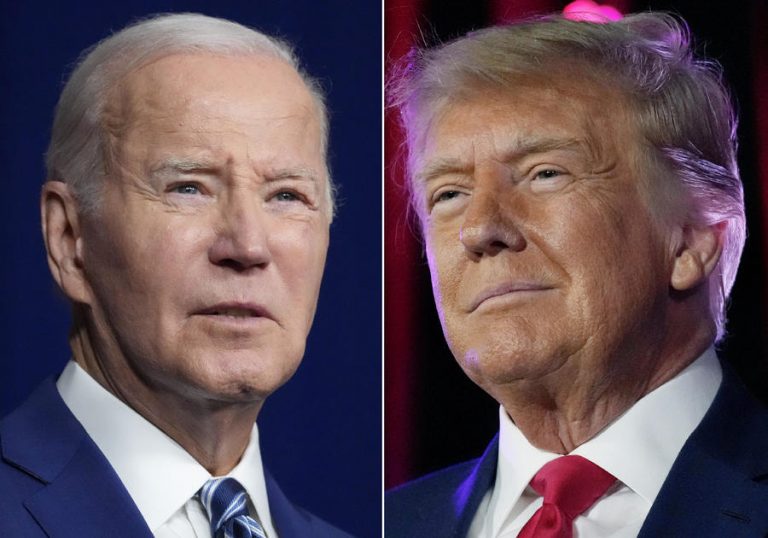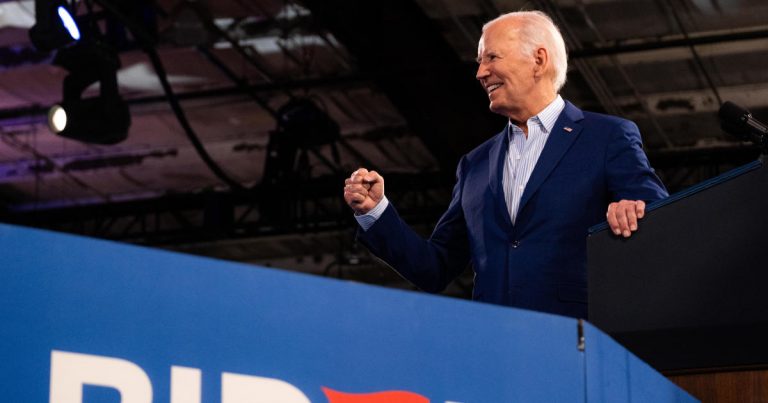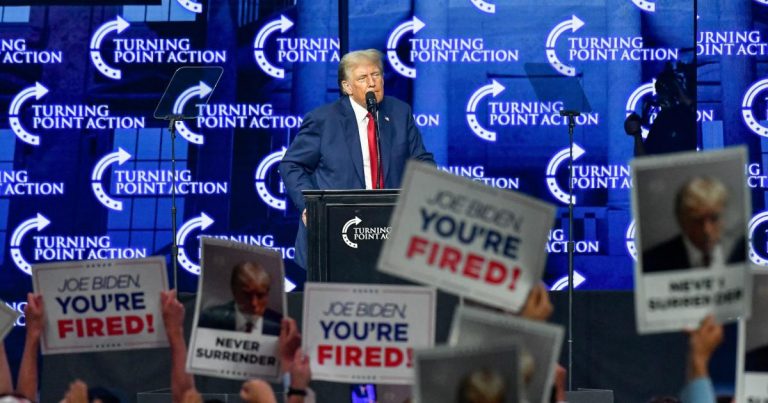How Trump’s conviction might affect the 2024 election
Former President Donald Trump has been found guilty of 34 felony counts of falsifying business records in his Manhattan criminal trial. This adds another layer of uncertainty to an already unprecedented campaign. As a convicted felon, Trump is not prevented from continuing to campaign for president, as the Constitution does not prohibit candidates from running for president even if they are convicted of a crime.
Trump is the first former U.S. president to be found guilty of felonies and the first major party candidate to run for office after being convicted of a crime. Here’s how his conviction could change the 2024 campaign.
Now that he’s convicted, Trump is all but certain to appeal the decision handed down by the jury, and he is likely to be able to return to the campaign trail as the process plays out. The next development in the case will come at sentencing, currently scheduled for July 11. Justice Juan Merchan has wide discretion over when sentencing occurs and what the punishment looks like.
Trump faces a maximum of up to four years in prison and a $5,000 fine for each of the 34 felony charges of falsification of business records. The sentencing options available to Merchan include prison, probation, conditional discharge, fines, or house arrest.
The judge could put limitations on his travel, such as restricting Trump from leaving the state and taking his passport, but Merchan has indicated that he doesn’t want to interfere with his ability to campaign.
In a recent survey of cases brought by the Manhattan District Attorney’s Office where falsifying business records was the most serious charge, roughly one in 10 of those cases resulted in a sentence of incarceration.
The impact of the conviction on Trump’s ability to campaign could largely hinge on what sentence Merchan ultimately hands down and when Trump would serve it.
Trump has predicted that a conviction in this trial could boost his poll numbers.
Trump’s support among his Republican base has been remarkably resilient in the face of his various criminal cases. Many Trump supporters have expressed that a guilty conviction will not change how they vote in November, adopting the former president’s grievances as their own.
Whether a conviction changes the minds of voters who are not committed to the former president remains to be seen. Opinions about whether Trump was guilty or not were already highly partisan. Additional polling suggests that a Trump conviction would not make a difference in how most registered voters nationwide would vote.
The conviction also gives the Biden campaign a potentially potent new weapon in their arsenal: the ability to label Trump a convicted felon. Mr. Biden remained largely silent about the Trump trial while it was ongoing, but there are plans to become more aggressive about Trump’s legal woes after the trial concluded.
Trump’s other criminal cases remain in limbo. The two federal cases brought by special counsel Jack Smith are pending, with one in Washington, D.C., and the other in Florida. Trump’s federal charges in D.C. are related to his actions to remain in power after the 2016 election, while the charges in Florida stem from his retention of classified documents after leaving the White House.
The third case outstanding is in Fulton County, Georgia, where Trump faces state charges related to the 2020 election. Trump’s personal stake in the outcome of these cases is raised, as he could order the Justice Department to seek to drop the charges if he returns to the White House in January 2025.
Trump has pleaded not guilty in all of the criminal cases against him.








